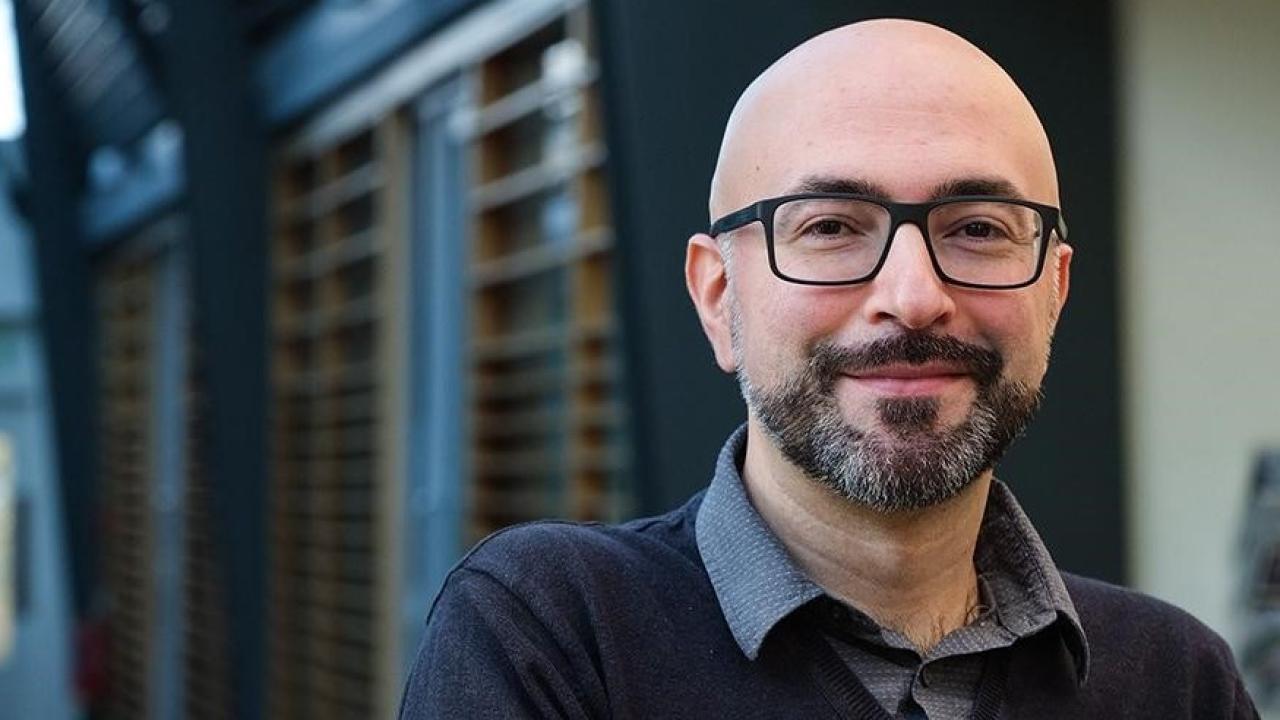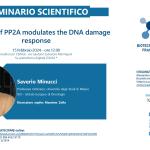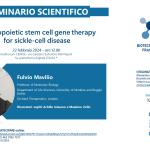
Prioritising cancer therapeutic targets via CRISPR-Cas9 screens and multi-omics data integration
Alle ore 16.00 il dott Francesco Iorio (nella foto -Photo courtesy: Wellcome Sanger Institute, Genome Research Ltd), computer scientist, terrà un seminario dal titolo "Prioritising cancer therapeutic targets via CRISPR-Cas9 screens and multi-omics data integration".
Il dott. Iorio è Research Group Leader in Computational Biology allo Human Technopole (Milan, Italy) dove svolge un progetto di ricerca in Computational
Pharmacogenomics and Therapeutic Target Discovery.
Ospita il prof. Roberto Di Lauro
ABSTRACT
The molecular features of a patient’s tumour impact clinical responses and can be used to guide
therapy, leading to more effective treatments and reduced toxicity. Most patients however do
not benefit from such targeted therapies in part due to limited knowledge of candidate targets.
Lack of efficacy is a leading cause of the 90% attrition rate in oncology drug development, and
fewer molecular entities to new targets are being developed. Unbiased strategies that effectively
identify and prioritise oncology therapeutic targets are needed to improve success rates in
drug development and to accelerate the development of new therapies.
We performed genome-scale CRISPR-Cas9 dependency screens in 324 human cancer cell lines from
30 cancer types and developed a data-driven framework to prioritise cancer therapeutic candidates.
Furthermore, we systematically identified genomic biomarkers of gene essentiality and integrated
these with target tractability information, through a dedicated bioinformatic pipeline designed on
purpose. This allowed to nominate and prioritise promising therapeutic targets at a genome-scale,
and generated a catalog of hundreds of promising hits for specific tissues and
genotypes, ranked according to their predicted therapeutic potential, based on multiple evidences.
We experimentally validated in vivo one of the most promising targets predicted by our approach -
WRN (Werner syndrome ATP-dependent helicase) - as a selective and potent therapeutic target for
cancers with microsatellite instability (MSI) from multiple tissues.
Our data and results lay the foundations for producing the Cancer Dependency Map
(https://depmap.sanger.ac.uk/), and are public available (https://score.depmap.sanger.ac.uk/).





